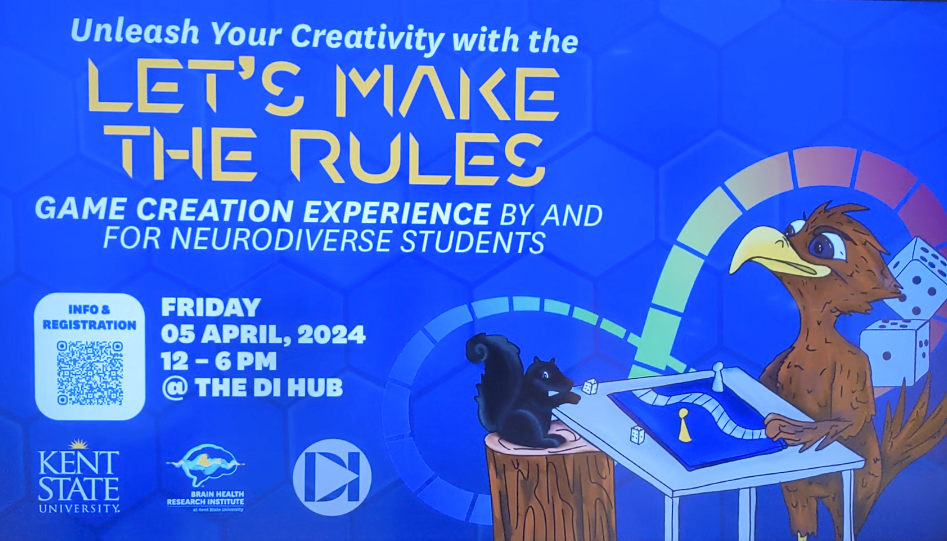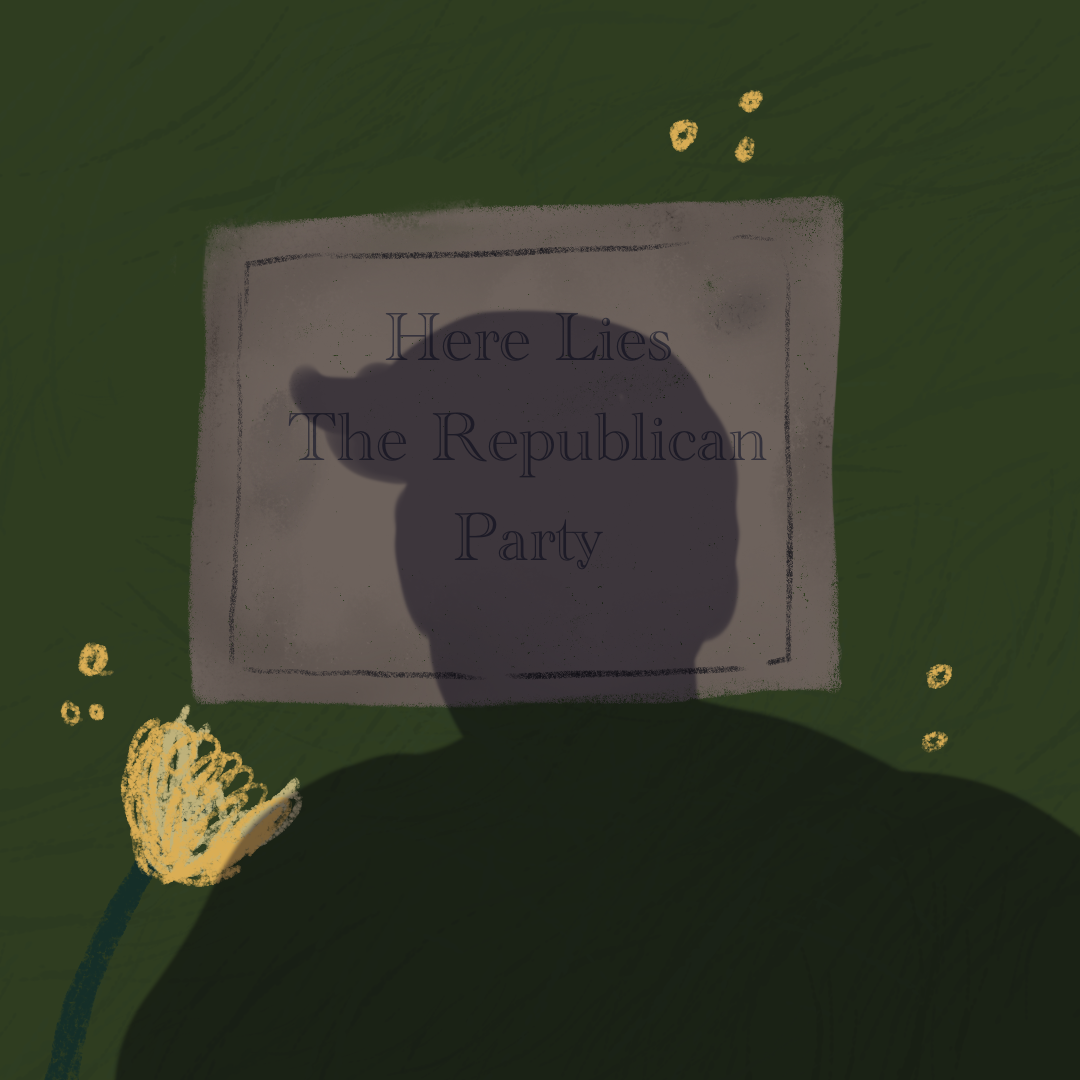Every now and then, I find myself walking across campus. One day, I stopped in front of the library for a moment and noticed a banner hanging on the building. It read, “You Belong Here.”
For most of my life, I’ve struggled with cultivating a sense of belonging for myself. I’ve always felt like I stick out, and it’s something that I’ve carried with me even in times when I’m surrounded by support.
It took a long time for me to heal my sense of loneliness because it felt like something that I wasn’t supposed to have. On the outside, I was surrounded by great friends and a family that supported me, but on the inside, there was a feeling of isolation that didn’t match my external surroundings. This dissonance made me feel like I had no reason to feel this way. This made it much harder to ask for help.
Had I reached out sooner, I would have discovered how normal my experience was, but instead, I kept it all in. So, when I looked at that banner, all I could see was belittlement. Because I was so far from a simple truth, and I didn’t know there was a way out.
You could probably find affirmations like these plastered on every college campus in America. They all want us to feel like we belong, yet most of us don’t. A survey done in 2022 found that 53% of current college students reported feeling lonely. 47% of the same group reported concerns with feeling isolated. When it’s happening to us, we don’t know how to talk about it, and when it’s happening to someone that we care about, we don’t know how to recognize it.
Feelings of isolation and loneliness can cause havoc beyond the toll it takes on your mental health. The U.S Surgeon General “warns that the physical consequences can be devastating, including a 29% increased risk of heart disease; a 32% increased risk of stroke; and a 50% increased risk of developing dementia for older adults.”
I don’t know where to go from here.
There is no simple answer to feeling less lonely, and most of the advice you hear for remedying it is not helpful. This is because a state of loneliness can very easily become a state of neglect, and most of the suggestions on the internet require getting out of your own head, which is much easier said than done.
One of the best things that you can do for yourself when you’re feeling lonely is to validate it. It may be easier to try and deny it, but, as Dr. Ami Rokach reports for Women’s Health Magazine, “Refusing to come to terms with your loneliness means putting off your chance to do something about it.”
The problem with phrases like “You Belong Here” is they avoid the heart of the conversation. They make the concept of belonging feel obvious, even though we are constantly struggling to find it.
We don’t need to be told that we belong. We need to understand why we don’t.
We cannot continue to tiptoe around difficult subjects like loneliness and belonging because the only way out of these issues is straight through them. We must be honest about these feelings when they arise if we hope to overcome them.
We don’t need to be told that we belong. We need to understand why we don’t.
For some, this might mean sitting down with a friend and talking about it. As Megan Bruneau writes for Wondermind, “We tend to deepen intimacy and increase feelings of connection and decrease feelings of loneliness when we’re vulnerable and share parts of ourselves we feel self-conscious or ashamed about.
If we can be open with ourselves and those around us, we would discover that we are never as alone as we feel. But this requires us to be courageous. Being vulnerable is not easy, but the road to healing is much clearer when we acknowledge our own pain.
Loneliness cannot continue to be something that we gloss over. If we can be open about the way that we’re feeling, we can create a world that accepts all of us for exactly who we are.
When we look back at this part of our lives, when our worlds were filled with so much turmoil, we’ll know how far we’ve come.
We are so much stronger together.
Janson McNair is an opinion writer. Contact him at [email protected]



















